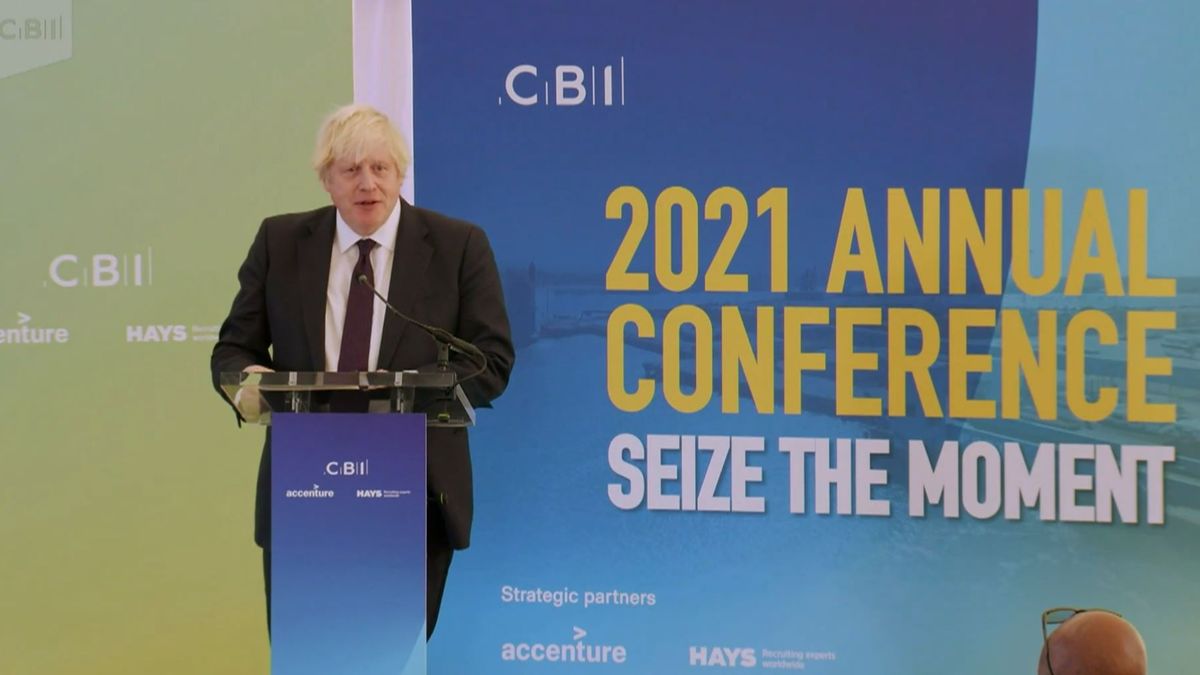JAKARTA - British Prime Minister Boris Johnson has announced plans to enact a law that would require new homes in the UK to have charging points for electric vehicles (EVs).
Electric cars are becoming increasingly popular as the world tries to move away from wasting gas and transition to cleaner energy sources. The number of electric vehicles globally has surpassed ten million and is expected to increase significantly in the coming years.
Most countries' policies of cutting back on fossil fuels and investing in sustainable energy are making electric vehicles like Tesla an increasingly popular choice. Cars are one of the most significant sources of pollution globally, and electric vehicles help combat some of the worst environmental impacts of modern lifestyles.
WATCH LIVE: My speech at the CBI Conference (22 November 2021) https://t.co/0bg5ksA9FP
— Boris Johnson (@BorisJohnson) November 22, 2021
However, even as the number of electric cars on the road continues to grow, charging stations are often hard to find. This makes electric vehicles impractical for road trips and long trips.
The UK plans to make EV charging more easily available to citizens by planning to introduce regulations that will require all new homes and non-residential buildings in the country to have charging points for electric vehicles.
In a speech at the annual conference of the Confederation of British Industry, Prime Minister Boris Johnson said that the new regulations are expected to add 145,000 charging points each year.
The rules will incorporate all office buildings and supermarkets and will come into effect in 2022. He said the new EVvcharging facility would add to the 250,000 existing charging points in homes, office buildings, and supermarkets across the UK.
SEE ALSO:
In addition to new homes and commercial buildings, structures that are being renovated to include at least 10 parking spaces will also be under the new regulations. The government also announced plans to introduce easier ways to pay at EV charging stations, including quick and contactless payment options.
The Prime Minister also expressed hope that the new rules will not only provide thousands of filling points across the country, making EV charging as easy as refueling traditional petrol or diesel car but also create many new "green jobs" in the future.
The Prime Minister's announcement was a long time coming, as the country has been planning new laws for years. The original proposal was first reported in 2019 when the country was considering how best to support its plan to make a full transition from waste gas to EVs by 2030.
The first concrete plans for an EV mandate were announced back in September when Johnson said he had finalized his decision to legislate that all new homes and commercial buildings in the country have EV charging points by next year.
The English, Chinese, Japanese, Arabic, and French versions are automatically generated by the AI. So there may still be inaccuracies in translating, please always see Indonesian as our main language. (system supported by DigitalSiber.id)

















